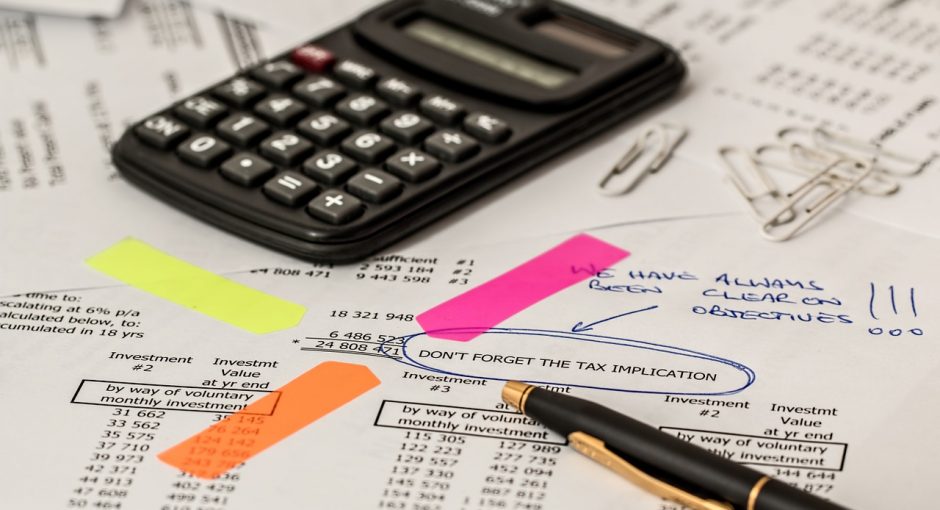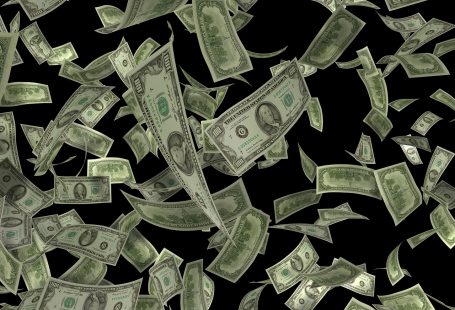With the New Year fast approaching, it’s about time you gathered up the will power and decided to make the upcoming year a debt-free year for you by doing everything you could to erase your existing debts.
If you wish to get out of debt soon, here are some tips you can follow.
1.) Knowledge is power. Don’t avoid knowing where you stand with your debts. Keep them organized and sort them by amount owed. You can use a simple spreadsheet with columns of the debt name, amount owed, interest rate that you’re paying, and minimum amount due each month to keep it current.
2.) The next thing to do is to analyze – how much longer do you have to pay off your debts if you keep paying the same amounts you have been paying? Pay as much extra on the minimum as you can afford each month. Most people usually start by paying off the one with the highest interest rate, but some financial advisors recommend that you start by paying off the one with the smallest balance. Decide what’s right for you.
3.) Ask yourself, “Can I really afford my mortgage?” If you’ve been hospitalized, laid off, or had your income reduced for one reason or another and it’s affecting your mortgage payments, don’t hesitate to call your mortgage company.
Most lenders offer customers a mortgage modification plan if this is the case. This is actually simpler than it sounds – this just involves having your original terms and conditions modified until you can get a lower interest rate and monthly payments on your mortgage.
Your living quarters can also use some downsizing if it helps you cut back on your debts, spending and daily expenses. This would just be a temporary arrangement until you are able to get back on your feet.
4.) Don’t allow yourself to make late payments. Sounds simple enough, but some people pile bills unopened and just pay the bill without ever going over the bill itself. Do you pay your cell phone bill without looking at it?
And it would be too late when you’d discover a few months later that you have been overcharged for a thing or two. Nobody wants to be overcharged for anything – they would rather use that extra money to pay a utility bill or something.
5.) When your paycheck comes in, save some money and set it aside. Don’t worry if it isn’t much.
You can get your debt under control just by staying alert to what’s going on and working toward paying it off little by little. There’s no such thing as a debt that you cannot eventually pay off. If your debts are stressing you out, you have your support system – family and friends – to back you up.





